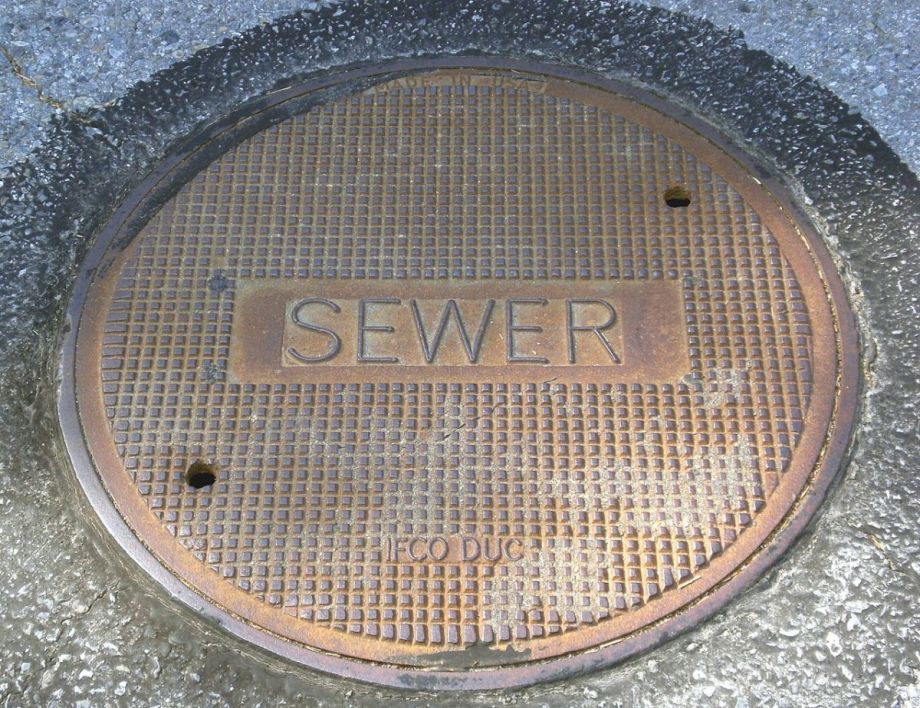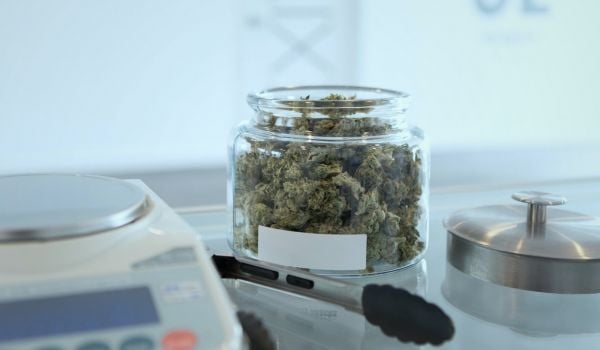As public health professionals are well aware, gathering data on a community’s drug-use patterns is no easy task. Between the notorious unreliability of self-reporting and the decentralized nature of illegal markets, researchers are often left to guesstimate with wide margins of error.
But one data source lies just out of sight, flushed into a smelly pool of untapped potential: sewage.
The idea was brought up at a meeting in the Washington city of Spokane last week. In the wake of marijuana legalization, community members hope to measure sales, industry developments and use among minors, according to the Spokesman Review.
But getting real numbers is a problem. Alison Holcomb is the criminal justice director for the state’s ACLU chapter and the main author of Initiative 502, which legalized the drug. Self-reported surveys typically under-report actual use, so she made an unlikely suggestion: Why not look to the city’s toilets? Unlike consumers, wastewater doesn’t lie.
“It’s one way to get an accurate read on the trend,” she says.
Caleb Banta-Green is an associate professor of health services at the University of Washington who’s tested sewage for various substances in Oregon and Washington. One project used the pipes of nearly a hundred communities to identify trends in meth and cocaine use.
Concerned largely with overdoses, Banta-Green says his ability to research a city’s collective stool (and urine) sample comes from the drugs’ chemistry. Meth is easy to find because the drug is stable and metabolizes slowly. Heroin, on the other hand, metabolizes very quickly and is therefore more difficult to trace. And as a paper Banta-Green co-wrote explains, the latter drug “metabolizes into morphine, which can also be present due to legitimate pharmaceutical usage.” For marijuana use, researchers would look for traces of THC.
Samples are relatively easy to get; as Banta-Green’s paper outlines, researchers would barely need to dirty their hands. Many municipal waste facilities already collect samples over a 24-hour period, and “automated equipment is used to generate a sample that is representative of the entire day.” Usually used for environmental and regulatory purposes, scientists can obtain a “shatter-proof vial” full of this time-controlled sample and, voila, they have access to data they couldn’t get anywhere else.
Of course, it has its limits. Testing sewage won’t tell you who’s using, or even how much, Holcomb says. You can’t measure whether the concentration changes over time because more people are ingesting certain drugs overall or because a few people are just ingesting more.
But it can tell you some things according to Banta-Green — trends over time, for example, or variation by day of the week. Hypothesizing that recreational users partake more on weekends while serious users go all week long can also reveal patterns. And other things, like certain diseases or even medication use, can be measured by sewage as well. University of Puget Sound Associate Professor Dan Burgard has used the practice, often called sewer epidemiology, to study how students use Adderall around exams.
But though personal privacy sometimes feels like an ever-shrinking mirage, the contents of our toilet do seem to fall under the heading of Nobody’s Business But My Own. What are the ethics of collecting someone else’s sewage?
One paper, by Jeremy Prichard at the University of Tasmania in Australia, concludes that while the risks of criminalization are small — it’s difficult to trace the chemicals back to a specific toilet — stigmatization of areas with higher usage could become a concern.
But for Holcomb, as for the majority of sewer epidemiologists, the prospect of a reliable data set is a definite public boon.
The criminalization of marijuana especially, she says, is “an ineffective waste of criminal justice resources that could be put to better use.”
“If we start informing drug policy with science instead of ideology, we’ll probably get better results,” she says.
Banta-Green agrees.
“This is an important measure for planning,” he says. “It’s complete population data. It’s not who was arrested; it’s not who answers the phone survey — those are very biased.”
And it fills a definite gap. Other ways to track marijuana consumption in Washington include toxicology lab data from impaired drivers, emergency room visits and citations for public use. With legalization, there will be more ways to track consumption by sales in the coming years as well, but they also won’t tell the whole story. Comparing legal numbers with sewer samples, however, could reveal how much black-market activity is really going on.
It’s not perfect, but the raw data that flows daily from our homes is too valuable to simply flush away.
The Works is made possible with the support of the Surdna Foundation.

Rachel Dovey is an award-winning freelance writer and former USC Annenberg fellow living at the northern tip of California’s Bay Area. She writes about infrastructure, water and climate change and has been published by Bust, Wired, Paste, SF Weekly, the East Bay Express and the North Bay Bohemian
Follow Rachel .(JavaScript must be enabled to view this email address)

















